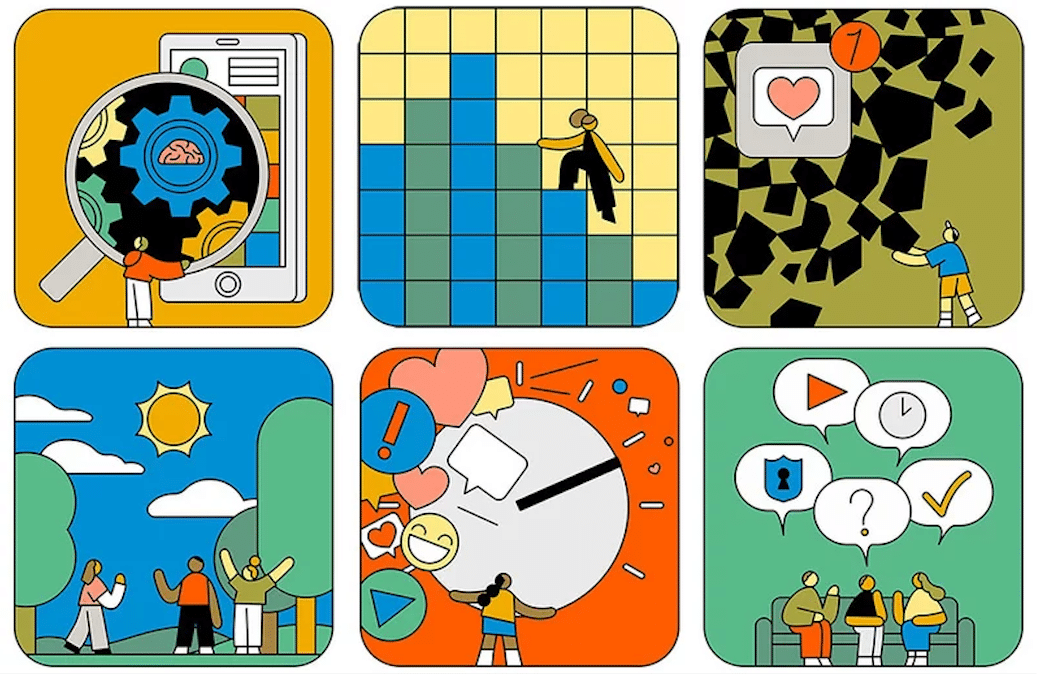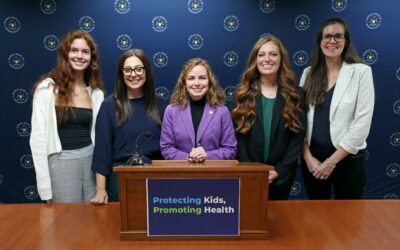Nationwide Poll of Youth
MyVoice elevates the voices and experiences of young people to inform policies and programs that improve their lives.
What we do
About Us
MyVoice is an interactive SMS platform that gathers the real-time opinions and experiences of youth across America.
Research
See some of our current research priorities and expert output across academia, popular media, and public policy advocacy.
Participate
Are you 14-24? Join the 1,500+ participants paid to share their opinions via text message. Find out how to sign up.
Our Numbers
Participants
Text Messages Received
topics

Featured News
MyVoice research on the impact of social media on youth wellbeing featured on NPR
A MyVoice study, published in September, reveals a striking awareness about the potential harms social media can have on teenagers’ mental health, but also their persistent attempts to counter these harms.
Some respondents explicitly said social media made them feel depressed. Many asked their parents to help them stop using it. Nearly two-thirds of respondents gave some version of this advice to future teens: Don’t use social media. It’s OK to abstain. Or delete your accounts.
Latest News
MyVoice makes a splash with numerous research presentations at international research conference
MyVoice researchers – including faculty-level members, staff and students -- presented numerous program-generated research projects at the NAPCRG family medicine and primary care international conference in late 2025. Pictured above, from left to right, include Ailish...
MyVoice co-founder Dr. Kendrin Sonneville urges ban on weight loss pills and supplements for youth
Kendrin R. Sonneville, ScD, RD, a MyVoice program co-founder, as well as associate professor and director of the Center of Excellence for Maternal, Child and Adolescent Health at U-M's School of Public Health (pictured above in the navy top), recently participated in...
Researchers use MyVoice data to assess youths’ awareness of a new OTC oral contraceptive pill
In March 2024, an oral contraceptive pill (OCP) became available over the counter (OTC) for the first time in the United States. This change has the potential to make birth control more accessible, especially for adolescents and young adults, who often face barriers...



